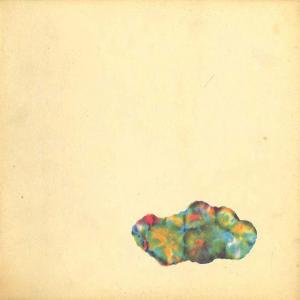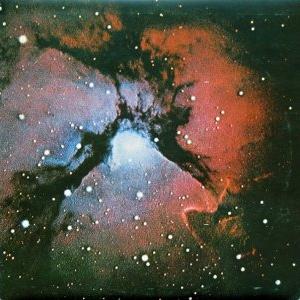Islands
by King Crimson


Artist:
King Crimson
Label:
Atlantic
Catalog#:
SD 7212
Format:
Vinyl
Country:
United States
Released:
1971-12
| Tracklist | |||
| A1 | Formentera Lady | 5:45 | |
| A2 | Sailor's Tale | 9:30 | |
| A3 | The Letters | 4:23 | |
| B1 | Ladies Of The Road | 5:29 | |
| B2 | Prelude: Song Of The Gulls | 4:14 | |
| B3 | Islands | 9:14 | |
Credits
Bass [String] - Harry Miller
Bass, Lead Vocals - Boz Burrell
Cornet - Marc Charig
Drums, Percussion, Vocals - Ian Wallace
Flute, Flute [Bass], Saxophone, Vocals - Mel Collins
Guitar, Mellotron, Harmonium - Robert Fripp
Oboe - Robin Miller
Piano - Keith Tippett
Vocals - Paulina Lucas
Notes
In gatefold cover.
Strawberry Bricks Entry:
Beginning on April 12th, 1971, at the Zoom Club in Frankfurt, Germany, King Crimson returned to live performance with a lineup comprised of Robert Fripp, Mel Collins and newcomers Ian Wallace (ex-The Warriors) on drums and Boz Burrell on vocals, with Pete Sinfield back-of-the-house on VCS3 synthesizer and lights. Per legend, auditions for bassists proved so unsuccessful that Fripp eventually taught Burrell how to play the instrument. The band toured extensively, breaking only to record their fourth album, Islands. King Crimson’s stage repertoire mainly consisted of selections from their first two albums, but live documents include the band’s rendition of Pharaoh Sanders’s “The Creator Has a Master Plan.” Prone to digress into jam, this King Crimson was known as the “blowing” band. Listening to the album, though, you might not get that connection. “Formentera Lady,” the album’s opener, is representative: After a colorful string bass introduction, the relatively sparse arrangement floats over a metronome-like bass line, with Collins’s sax adding the most color. In fact, only “Sailor’s Tale” contains the guitar fury of previous Crim work, but what a racket Fripp conjures. Here the band finally finds their footing. “Ladies of the Road” is a bawdy classic, with Collins’s sax and Burrell’s bass line emanating poignancy to match Sinfield’s tale of life on the road. “Prelude: Song of the Gulls” and the title track set the balance of the album with equal equanimity: The former employs a string quartet, while the latter traverses beneath a humble harmonium, offering a kind of chamber music. More spacious than the previous Lizard, the album is just as rewarding. The band’s last act was a tour of the US in the spring of 1972, after which Fripp threw in the towel and fired the lot (they all went on to Alexis Korner’s Snape). A posthumous live album Earthbound was released in 1972, but its poor audio quality kept it import-only in the US. More significantly, this would be the last album on which Fripp and Sinfield would collaborate. From here, Crimson would begin and end with Robert Fripp, though don’t tell him that.

